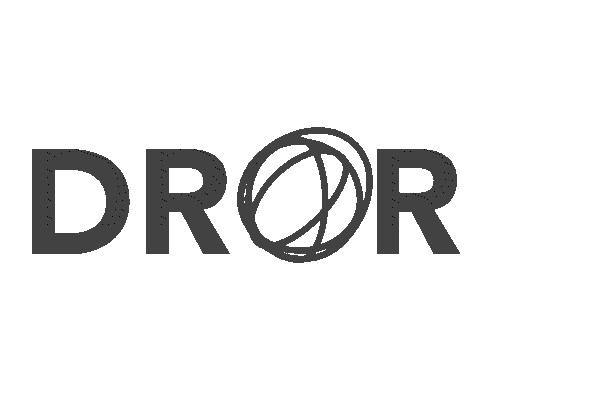Facebook Lost its Right to Claim to be a Mere Platform that Transits Information
- Dror Margalit
- Feb 21, 2021
- 3 min read
Facebook does not want to be liable for the content on its platform. After all, it does not create the content, just enables it to be spread widely. I believe, however, that in February 2021 Facebook lost its right to be a mere platform for information exchange when they decided to block news content in Australia, in response to a new law that requires Facebook and Google to pay news organizations for the news articles that are shared on their platforms.

For me, this story is especially alarming. Facebook has been accused multiple times in not doing enough to prevent the spread of misinformation, enabling people to influence the 2016 elections, and serving as a platform where people can organize to perform illegal crimes, and more. While those accusations are concerning as they affect human rights on a large scale, they are not as concerning as Facebook’s decision to block news content in Australia.
Facebook, and other social media, enable people to communicate fast on a massive scale and reach millions instantly. Because these media platforms change the way we communicate, they expose people to new ideas and information in a way they could not do before. As such, with all of the good possibilities that those media bring, they also bring people the power to influence the masses’ perspectives more easily. Therefore, as much as I would like Facebook to take more responsibility and intervene in cases where the content on its platform can endanger people or democracy, I understand that we cannot always anticipate new technologies’ flaws and long-term effects on humanity. So I believe that Facebook should take active steps to preserve human rights on its platform, but I also understand its limitations, as we cannot know which issues will rise before they arise.
However, Facebook’s decision to block news content in Australia is different. This decision was not people who misuse the platform for their own benefits; it was the “medium” using its power to generate profit. Blocking news content in Australia means that the medium does not simply serve as a platform for information flow, but plays an active role in it. And this role can be fatal for news companies.
The research, “(De)Centralization of the Global Informational Ecosystem,” studied in 2017 how content-based companies collect data, use or develop technology infrastructure, and distribute content. By conducting qualitative interviews with 26 leading media managers from companies with various cross-border activities, the study found that “content-based media companies can neither be regarded as agents of decentralization nor centralization.” However, “content-based media companies contribute to and push centralization processes pursued by Facebook, Google, and the like.”
The study provides preliminary insights into content-based media companies’ contributions to the centralization of technology companies like Google and Facebook. We can learn from it about the relationship between those companies, which, as the study suggests, depend on each other economically. But not in a balanced way, as it was found that “technology companies have shaped the media market considerably since the 2000s,” and content-based media companies directly contribute to the platforms’ data collection.
In the context of Facebook’s decision to block news content in Australia, those findings are concerning. Because content-based companies depend on Facebook to survive economically, and because of Facebook’s influence on the media market, Facebook’s decision might constitute an offense for the freedom of the press in Australia. The control that companies like Facebook and Google have over data flow and communications gives them the power to make decisions that can harm human rights and damage fundamental democratic rights on a huge scale.
So no, Facebook cannot be regarded as a mere platform that transits information. It is different from other media by its reach, speed, and accessibility. But more than that, the company intervenes in the communication flow only whenever it benefits them, which makes them control both the medium and the message.
Resources:
Mike Isaac, Daisuke Wakabayashi, Damien Cave, and Edmund Lee. “Facebook Blocks News in Australia, Diverging With Google on Proposed Law” New York Times, Feb. 17, 2021.
Johanna Möller, and M. Bjørn von Rimscha. (De)Centralization of the Global Informational Ecosystem. Media and Communication (ISSN: 2183–2439), 2017, Volume 5, Issue 3, Pages 37–48
The article was edited on 08/24/2021




Comments